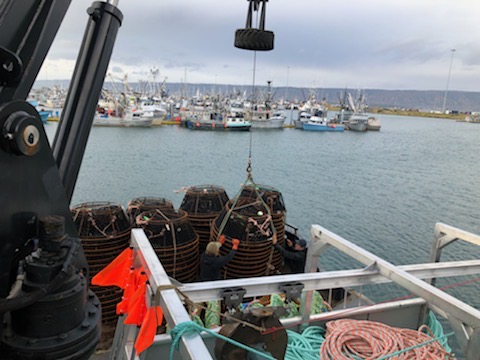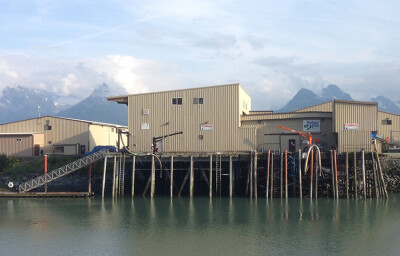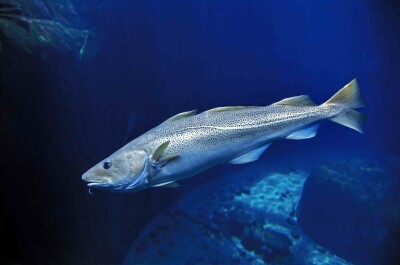As the deadline for the Paycheck Protection Program's small business extension drew to a close this week, Congress scrambled to approve an extension of the program to Aug. 8. Meanwhile, fishing businesses hurried to submit applications under the original deadline as new guidelines opened a door to the industry.
On Thursday, June 25, the Small Business Administration announced that the loan program, which was established as part of the CARES Act, would be expanded specifically to address a gap for the commercial fishing industry to include filings for 1099 workers.
“Extending the program to fishermen impacted by the pandemic will be a critical lifeline so they can continue to provide Americans with the safest, most sustainable seafood in the world,” said Leigh Habegger, executive director of Seafood Harvesters of America.
But the application deadline was Tuesday, June 30, giving the industry just four business days to collect paperwork and file — at the height of the summer season.
As of Wednesday night, July 1, a program extension to Aug. 8 was approved by the Senate and the House, leaving only the president's signature to make it official. President Donald Trump was expected to sign on Thursday, July 2.
The program still has well over $100 billion available, so the extension offers the industry access to those funds.
The program was designed as a grant, or forgivable loan, program to help employers pay their staff during the covid-related shutdowns when cash flow was at a minimum. It complemented federal unemployment payments.
Working fishermen found themselves lost in the gap — they were not eligible for unemployment because they were still working, yet their earnings collapsed when the when the restaurant market shuttered and the bottom fell out of fish prices.
The result is that many fishermen have been working to provide an essential service at a bargain price with no help from the stimulus package (the industry's $300 million in earmarked aid through Commerce is expected to be approved sometime in July after being passed in March).
The original program only accepted applications for staff with traditional W-2 filings through federally approved lenders. However, many commercial boat owners hire their crews under contracts, which means they file 1099 tax forms, rather than W-2s. Sole proprietors and independent contractors could file for themselves with their own 1099, but not with their crews' 1099s.
“Enabling fishermen to secure the resources they need through PPP is not only fair, it means that these businesses so critical to Alaska have a fighting chance to stay afloat,” said Sen. Lisa Murkowski (R-Alaska).
The extension should provide relief for some fishing companies who could not file in the four-day window because their lending institutions were no longer processing applications for the program. However, it will still need a fix to allow a backlog of processed applications to be modified to include 1099 filings.
"America’s fishing industry has been a foundation of not just the culture of our coastal communities, but of the US economy as well. Commercial fishing communities span the nation, from Hawaii and the Pacific territories, to Alaska, to the Pacific Northwest, the West Coast, the Gulf of Mexico, and the East Coast," said the Saving Seafood Coalition in a statement.







